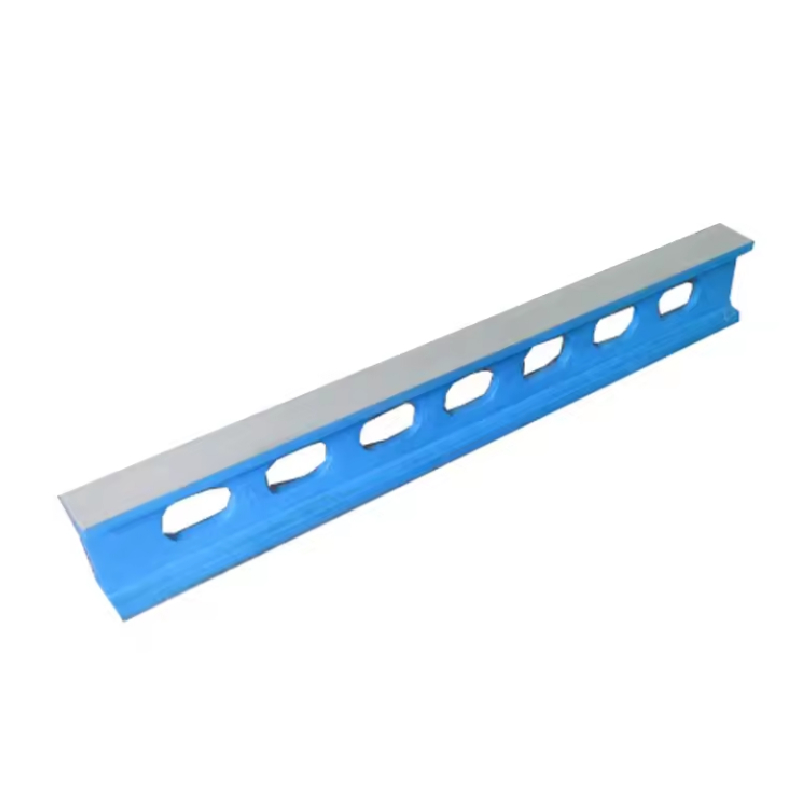студ . 06, 2025 19:09 Back to list
different types of control valves and their applications
Understanding the different types of water valves available in the market is crucial for anyone looking to enhance their plumbing systems with precision and expertise
. Water valves play a critical role in regulating flow, controlling pressure, and ensuring the overall integrity of water systems. Each type of valve has unique features and applications, and choosing the right one can significantly impact the efficiency and reliability of your plumbing setup.
Ball valves are among the most commonly used in both residential and industrial settings. These valves utilize a spherical disc to control the flow of water. The valve is opened by rotating the handle attached to the ball, which allows for quick shut-off and minimal leakage. Ball valves are known for their durability and reliability, making them an excellent choice for emergency shut-off applications. Their design ensures a tight seal, which is ideal for high-pressure systems.
Gate valves, another popular type, function by lifting a barrier or gate out of the path of the fluid. These valves are designed for fully open or fully closed positions and are not ideal for flow regulation due to potential wear and cavitation. Gate valves are best suited for applications where the valve will remain in a constant position for extended periods, such as in main water lines. Their simplicity and durability also contribute to their extensive use in various industries.

Globe valves are particularly suited for applications that require precise flow regulation. The design features a movable plug or disc element and a stationary ring seat in a generally spherical body. Globe valves offer excellent throttling capabilities and are often used in systems where water flow must be finely calibrated. These valves are common in fuel oil systems, cooling water systems, and other applications where precise control is paramount.
Check valves, or one-way valves, are essential for preventing backflow in a system. These automatic valves allow fluid to flow in a single direction and close if the flow reverses. They are vital for maintaining the integrity of the piping systems by preventing water hammer and backflow situations, which can lead to damage and contamination. Check valves are indispensable in wastewater management and heating systems.
types of water valves
Butterfly valves, recognized for their compact design and swift operation, are widely employed in large-diameter pipes. These valves utilize a rotating disc to control flow and are favored for their lightweight and cost-effective design. Although not suitable for high-pressure applications, butterfly valves are excellent for systems that require a robust shut-off mechanism and ease of installation. They are frequently used in water supply, wastewater treatment, and HVAC systems.
Diaphragm valves, ideal for systems that handle corrosive fluids, feature a flexible diaphragm that seals off flow paths. This makes them exceptionally suited for applications in the chemical and food industries where clean and leak-proof performance is critical. The absence of a direct path for fluid gives diaphragm valves an edge in minimizing contamination risks.
Choosing the right water valve involves understanding the specific demands of your application, including the nature of the fluid, pressure requirements, and the frequency of operation. Investing in high-quality valves from reputable manufacturers ensures longevity and reliability, ultimately contributing to the safety and efficiency of your water management systems.
Staying informed about advancements in valve technology can further enhance your system's performance. Innovations such as smart valves, which leverage IoT for remote monitoring and control, are transforming traditional water management practices. These advancements allow for proactive maintenance and precise operation, ultimately reducing downtime and operational costs.
In conclusion, selecting the appropriate type of water valve is a decision that requires thorough understanding and careful consideration. By aligning your choice with the specific needs of your plumbing infrastructure, you pave the way for a robust, efficient, and future-proof water management system. The trusted expertise of seasoned professionals can further aid this process, ensuring that your choice not only meets current requirements but anticipates future challenges.
-
Flanged Gate Valve: A Reliable Choice for Industrial and Municipal SystemsNewsAug.20,2025
-
Soft Seal Gate Valve: A Modern Solution for Reliable Pipeline ControlNewsAug.20,2025
-
Gate Valve Types: Understanding the Options for Your Pipeline SystemsNewsAug.20,2025
-
Y Type Strainer: Essential for Clean and Efficient Flow SystemsNewsAug.20,2025
-
Cast Iron Y Strainer: Durable Solutions for Demanding ApplicationsNewsAug.20,2025
-
Flanged Y Strainer: An Essential Component in Industrial Filtration SystemsNewsAug.20,2025
Related PRODUCTS









